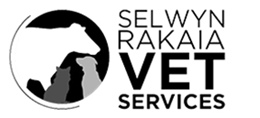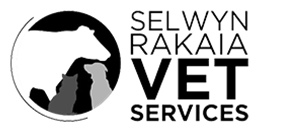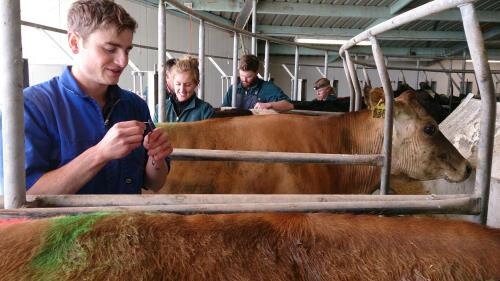Bovine Viral Diarrohea (BVD) is a serious and widespread issue in New Zealand. New information shows that at least 80% of dairy and beef cows have been exposed to BVD, which is causing significant production losses.
Losses are estimated at $70,000 per infected average-sized herd per year.
The main losses include:
- lower milk production
- embryo loss
- abortions
- deformed calves
- infertility in cows
- severe disease and reduced growth rates in calves
- births of Persistently Infected (PI) calves.
BVD is maintained in a herd and spread to other herds by persistently infected (PI) animals. These PI animals are born infected with the virus and excrete large amounts of the virus throughout their lives. The initial infection occurred in the early pregnant when the naïve cow/heifer (foetus < 4 months old) cow gets infected with BVD. The resulting calf is born a PI.
BVD effects during mating and pregnancy:
- Increased number of services required per conception.
- Increased time between calving and conception.
- Increased number of non-pregnant cows.
- Temporary infertility in bulls caused by transient infections
BVD effects during lactation:
BVD effects during calving:
- Increased calving spread owing to failure of conception and fetal losses.
- An unexpected number of empty cows owing to abortion.
Calf effects and losses due to:
- Abortions and premature births.
- Stillbirths.
- Birth of weak or dummy calves.
- Congenital birth defects.
- Birth of PI carrier animals.
- Poorer subsequent fertility in heifer calves infected in later pregnancy.
- Birth of small calves with poor growth rates.
BVD effects on young stock:
- Reduced appetite.
- Scouring.
- Rough coat and a loss of body condition.
- Poor weight gain.
- Coughing.
- Ulcers in the mouth.
- Premature death of PI animals.
- Calves that are generally more difficult to get to weight targets.
BVD control
Quick action will help control the devastating consequences of BVD infections and aid a speedy recovery. Every dairy farm is unique, therefore there is no universal BVD control programme that ‘fits’ all farms. We recommended that a risk assessment analysis be carried out with your vet before a management plan is put in place. We will work closely with you whilst implementing the testing and control plan and then monitor BVD on your farm. Strict biosecurity measures are required to maintain a BVD free herd.
Vaccination is essential for protecting your herd from new BVD infections; however, all PI animals must be removed to ensure success. All breeding animals must have completed their vaccinations one month before planned start of mating to ensure adequate protection. Never forget that your purchase bulls and heifers can be a source for BVD infection and must be tested for the disease prior to the arrival on your farm. We recommend that all purchased animals are accompanied by a testing and BVD results certificate from the stock agent and veterinary surgeon.
Our aim at Selwyn Rakaia Veterinary Services is to ensure all our clients have all the information needed to effectively test for and control BVD.
Let’s take action to control BVD on our cattle farms.



